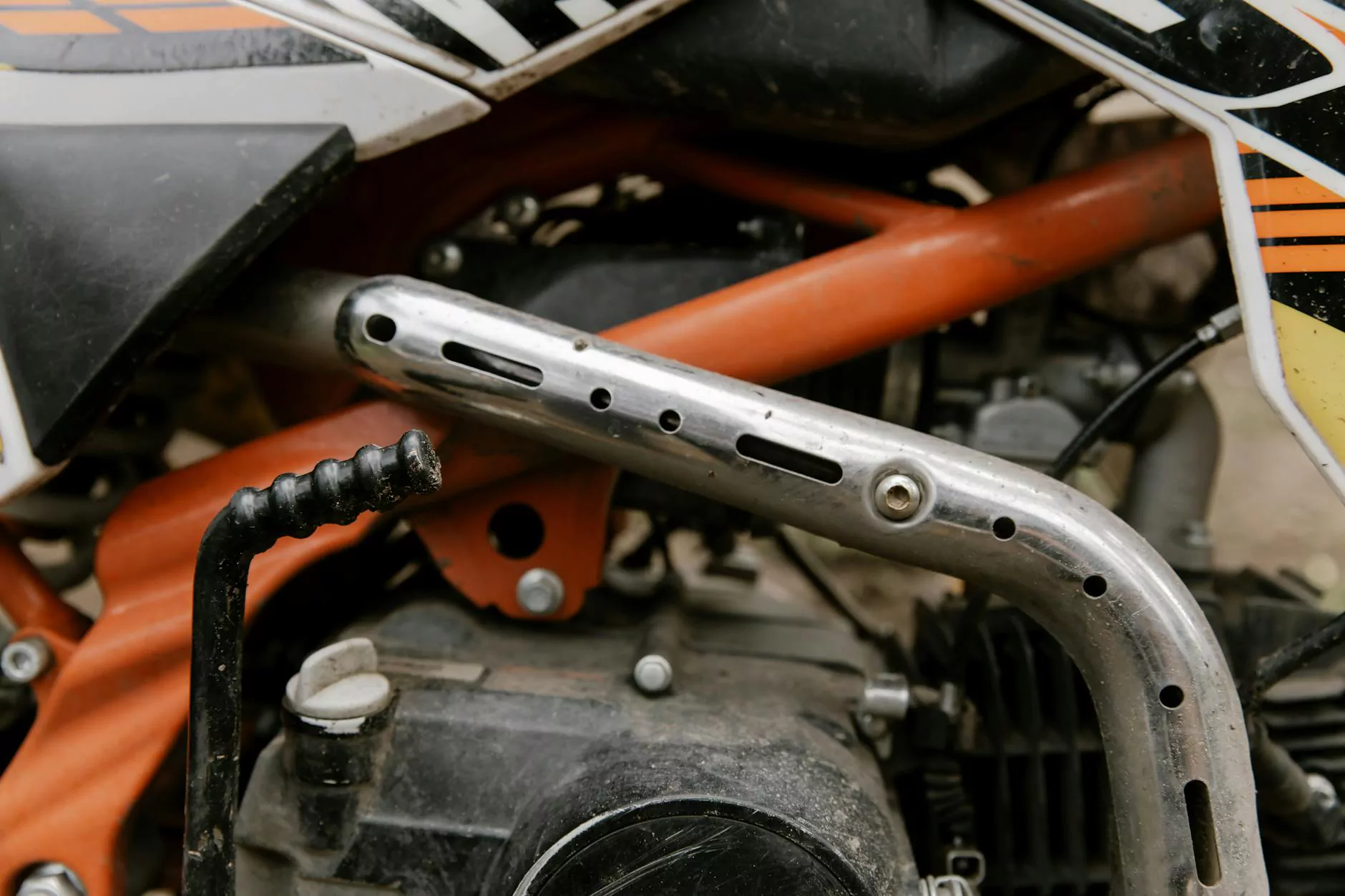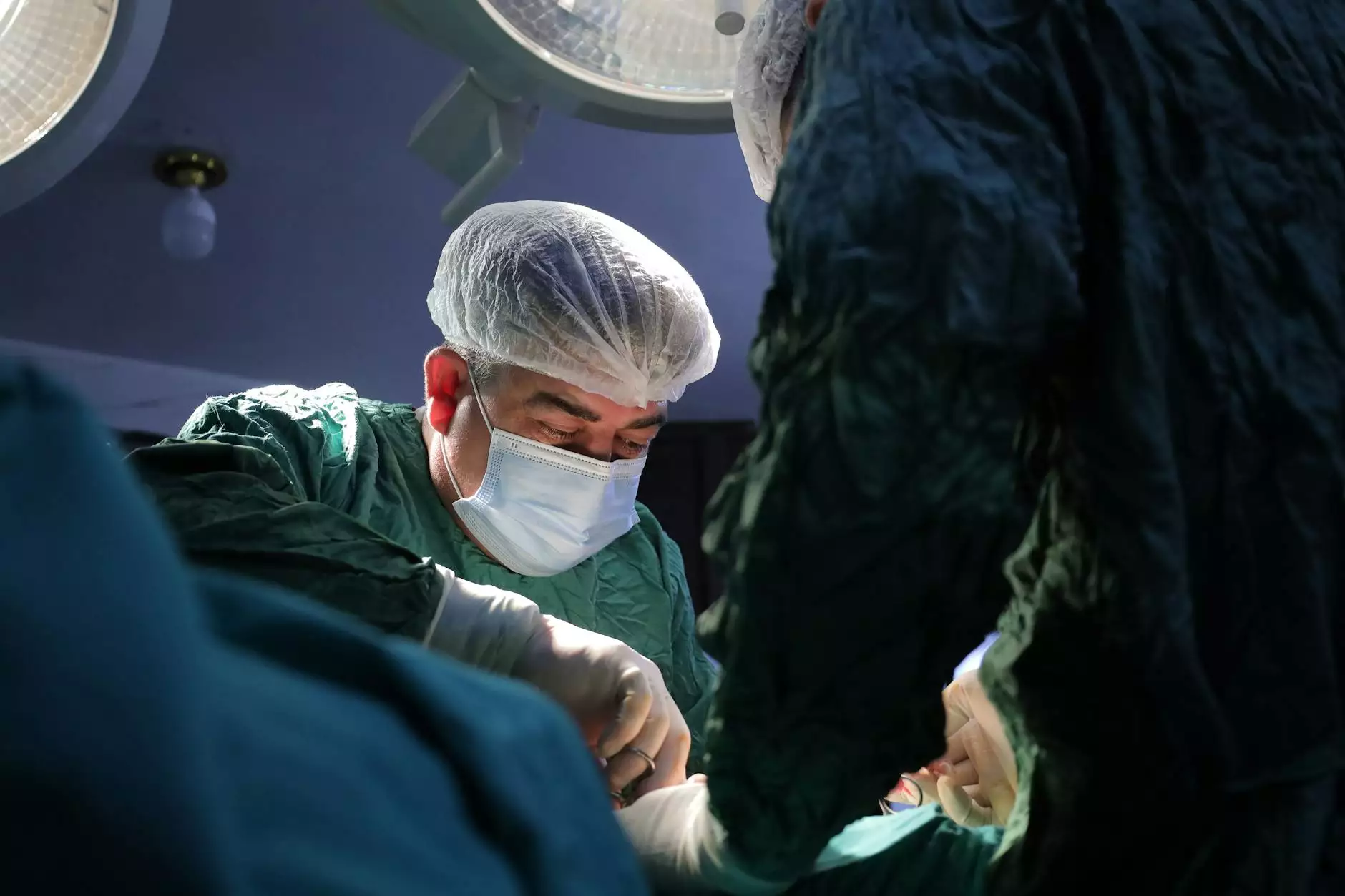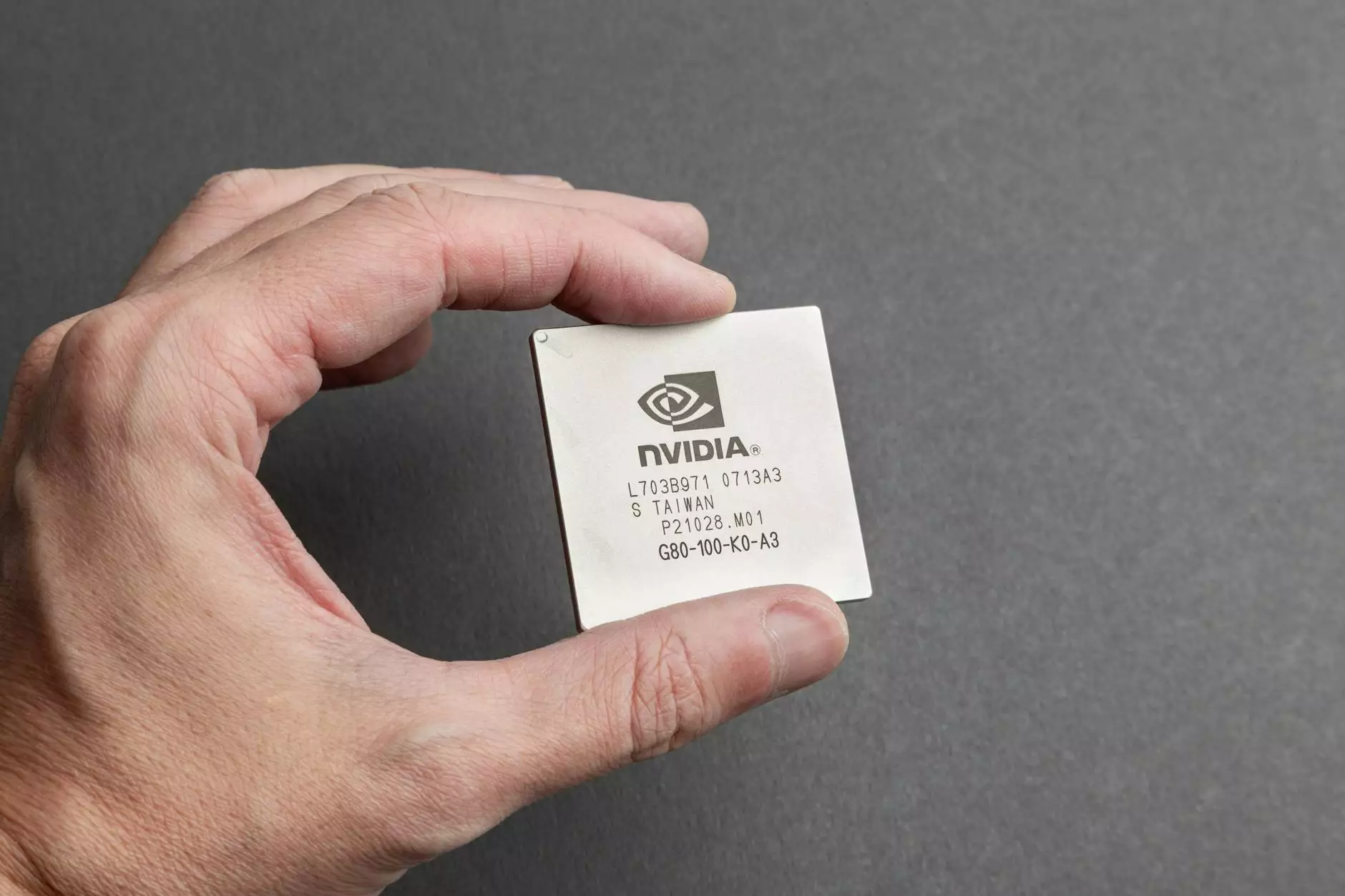Understanding Cummins Parts Cost: A Comprehensive Guide

When it comes to diesel engines and generators, few names are as recognized as Cummins. With a reputation for durability and performance, Cummins engines power a wide variety of applications, from heavy-duty trucks to industrial generators. However, maintaining these machines often comes down to one crucial factor: Cummins parts cost. In this in-depth article, we will explore various aspects related to the costs of Cummins parts, their significance, and how to choose the right components to ensure your machines run smoothly.
The Importance of Cummins Parts
Understanding the significance of quality components is essential when it comes to maintaining high-performance diesel engines. Here are some key reasons why Cummins parts are indispensable:
- Reliability: Genuine Cummins parts are designed specifically for Cummins engines, ensuring a perfect fit and compatibility.
- Performance: Quality parts contribute to optimal engine performance, enhancing fuel efficiency and reducing emissions.
- Longevity: Investing in quality parts can extend the lifespan of your engine, reducing overall replacement costs.
Factors Influencing Cummins Parts Cost
The cost of Cummins parts can vary widely based on several factors. Understanding these elements can help you make informed purchasing decisions:
1. Type of Component
There are various types of parts that you might need, including:
- Engine Parts: This category includes items such as pistons, crankshafts, and cylinder heads, which can significantly affect the overall cost.
- Fuel System Components: Fuel injectors and pumps are critical for engine performance, and their costs can vary based on technology and specifications.
- Electrical Components: Items such as batteries, starters, and alternators also contribute to the total parts cost.
2. OEM vs Aftermarket Parts
Choosing between OEM (Original Equipment Manufacturer) and aftermarket parts can have a substantial impact on costs:
- OEM Parts: Generally more expensive, but they come with the assurance of quality and compatibility.
- Aftermarket Parts: These can be less costly, but it's crucial to verify their quality and performance to avoid future issues.
3. Supplier Pricing
The cost can also depend on where you purchase your parts. Reputable suppliers might charge more for quality assurance, while lower-cost suppliers might compromise on reliability. Always source from trusted vendors such as engine-family.com to ensure the integrity of the parts.
Typical Costs for Common Cummins Parts
Here is a general overview of costs associated with some common Cummins parts:
Engine Components:
- Pistons: $150 - $500 each
- Crankshafts: $1,000 - $3,000
- Cylinder Heads: $500 - $2,000
Fuel System Parts:
- Fuel Injectors: $100 - $400 each
- Fuel Pumps: $300 - $1,200
Electrical Components:
- Batteries: $100 - $300
- Starters: $150 - $600
Keep in mind that these prices are estimates and can differ based on multiple factors such as location, supplier, and availability.
Maintaining Your Cummins Engine for Cost-Effectiveness
To minimize the long-term costs of maintaining a Cummins engine, consider the following tips:
Regular Maintenance
Conducting regular maintenance checks helps avoid costly repairs due to neglect. Stick to the recommended maintenance schedule for your specific Cummins engine model.
Using Quality Oil and Filters
Investing in high-quality lubricating oil and filters can prolong the life of your engine and its components. Always use parts that meet or exceed OEM specifications.
Keeping an Eye on Performance
Monitor your engine’s performance regularly. This includes checking for unusual sounds, vibrations, or warning lights which could indicate potential issues requiring immediate attention.
How to Purchase Cummins Parts Wisely
Purchasing parts for your Cummins engine can be daunting, but with the right approach, you can navigate this effectively:
1. Research and Comparison
Before making a purchase, research the specific parts you need. Compare prices across reputable suppliers, and consider both OEM and aftermarket options to find the best deal.
2. Consult Professionals
If you are unsure about what parts you require, consult with a professional mechanic or a Cummins specialist. Their insights can provide clarity on your needs and help avoid unnecessary expenses.
3. Look for Deals and Offers
Many suppliers offer promotions or discounts on bulk purchases. Keep an eye out for such deals that could help reduce the Cummins parts cost.
Conclusion: Making Informed Decisions on Cummins Parts Cost
Understanding the cost associated with Cummins parts is essential for any business relying on Cummins engines or generators. By being informed about the different factors influencing these costs, you can make educated choices that lead to optimal performance and reliability.
Remember, investing in quality parts pays off in the long run through improved efficiency and reduced maintenance issues. For comprehensive support and genuine parts, consider visiting engine-family.com—your trusted partner in maintaining your Cummins engines and generators.









